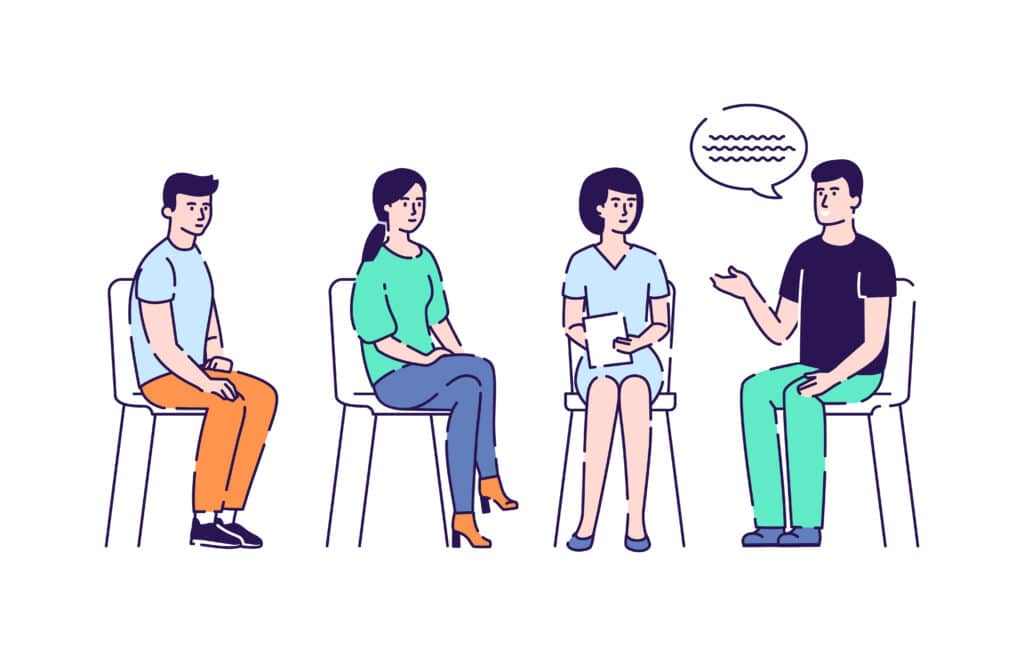
Trauma and PTSD can impact multiple aspects of your life. Dealing with the physical and emotional toll while fostering healthy relationships can be challenging. Working to form relationships can be difficult when someone has trust issues or memories of abuse. In this blog, we will discuss how PTSD can impact your communication and connection, and how you can improve your relationships.
Emotional Distance
One of the biggest struggles that PTSD individuals deal with in relationships is emotional distance. Individuals can feel numb or detached after they experience extreme trauma. Making emotional connections can feel draining and it may be hard to connect with others on an intimate level. Those with PTSD may be nervous to talk about their trauma or difficult experiences, which can make it hard to form a legitimate intimate relationship.
Working Through Trust Issues
Some PTSD patients will have been betrayed by someone close to them. It could be a family member, a partner, a parent, or a superior they trusted. PTSD causes trust issues for many people because it is so fragile. On the opposite side, partners may find it hard to trust someone with PTSD as they struggle to fully open up. Building new trust is a scary part of a relationship, so many couples may struggle amid other challenges in life.
Educate Your Partner On Your Struggles
A relationship takes two people, so you will need to navigate the journey of PTSD together. Healing from PTSD can be a long and complicated process, that any partner will have to experience with you.
Talking to your partner about how PTSD affects you and the symptoms you experience is a good place to start. Both partners can learn more about trauma and PTSD together and actively listen to each other’s feelings. Validation and open communication go a long way in helping you form a stronger relationship.

Setting Boundaries
Respecting your partner can be hard when they struggle to open up. Each partner will need to set boundaries around triggers, symptoms, and their space. Boundaries can feel like a jab to the other partner, but they are essential to help keep your trust on a high level. Setting boundaries is challenging, so working with a couples therapist or individual therapy may be beneficial.
Ways To Improve Your Relationship
Relationships are difficult, but there are many ways you can work to grow closer together. It may be more difficult to work with a person with PTSD, but working together can help both partners develop a stronger connection.
Here are some tips to help improve your relationship when you are with someone with PTSD:
- Not seeing or treating the person like they have a permanent disability or are less than
- Learning about symptoms and struggles and understanding the other person
- Be open to attending social engagements on your own
- Work to develop healthy coping strategies with and without your partner
- Avoid being codependent with your partner
- Listen and communicate often with your partner
- Prioritize your self-care as well
- Work with a therapist
PTSD And Trauma Therapy From Ogden Psychological Services
Ogden Psychological Services treats a lot of mental illnesses and helps patients develop coping skills. Our therapists can utilize modern therapy techniques or use neurofeedback to help restructure the brain wave patterns. No matter what you are struggling with, there is help and resources available.
Those struggling with PTSD can work with a therapist and other resources to help them avoid negative triggers. Taking time for yourself and working on your healing journey will help improve all of the relationships in your life. Reach out to our therapists to get started today!






